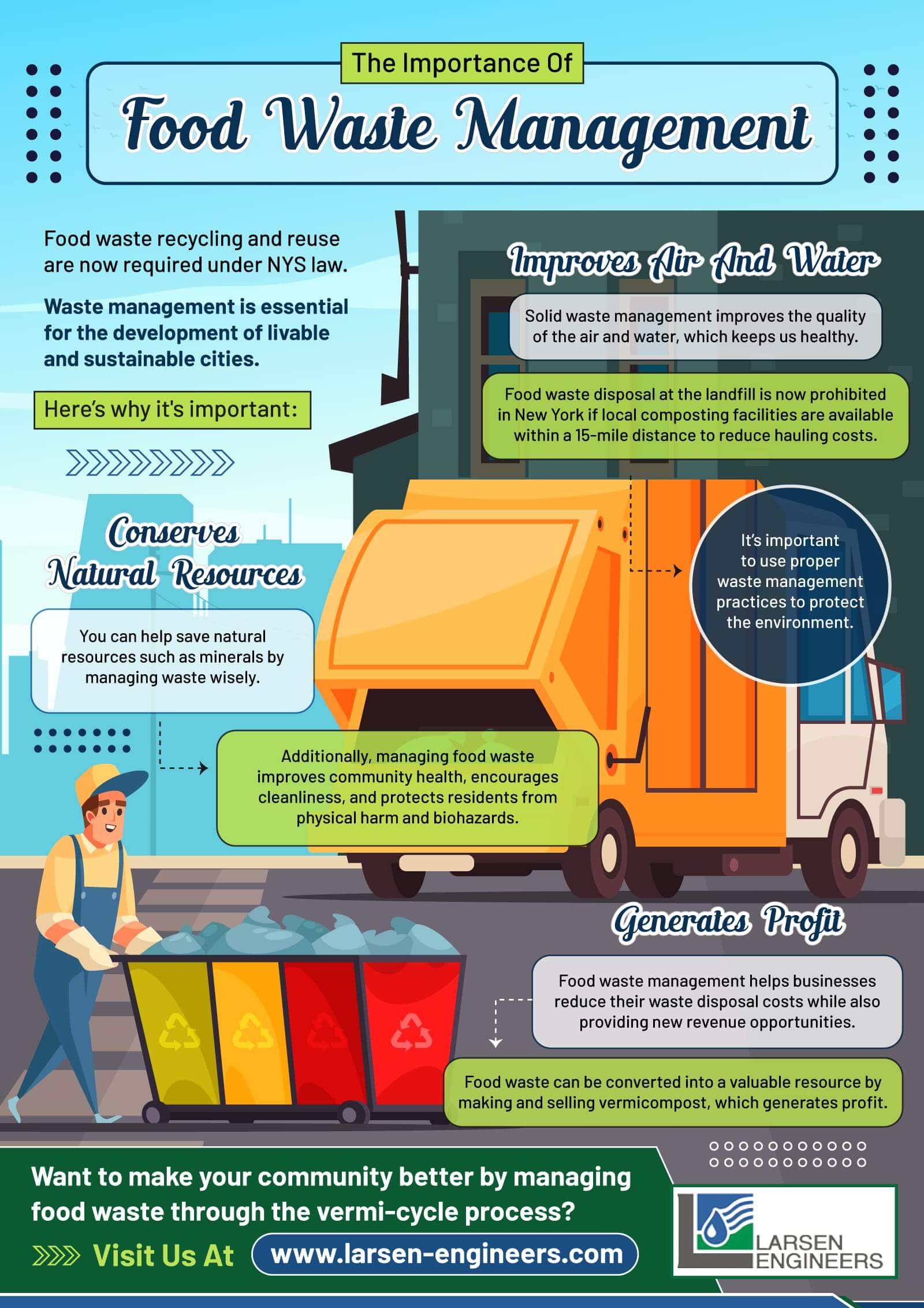The 6-Second Trick For Reclaim Waste
The 6-Second Trick For Reclaim Waste
Blog Article
6 Simple Techniques For Reclaim Waste
Table of ContentsTop Guidelines Of Reclaim WasteThe Ultimate Guide To Reclaim WasteThe 5-Second Trick For Reclaim WasteNot known Details About Reclaim Waste All About Reclaim Waste
Residential sewer waste refers to the waste and items from a property septic storage tank. The proper administration and disposal of residential sewer waste require liquid waste to be transferred to a sewer treatment plant where the correct methods and tools are applied to cleanse and dispose of waste.
Commercial waste often includes possible risks, such as combustible products or a mixture of fluid and strong waste products, and needs an extra advanced and in-depth disposal procedure. The disposal of commercial waste typically involves the filtering of waste prior to transportation to make sure secure and proper disposal. Hazardous waste is developed from byproducts and overflow of industrial procedures and manufacturing.
This sort of waste can not use the very same sewer management transportation or processes as septic or industrial fluids. The commercial waste management process requires the examination and screening of fluid waste prior to it undertakes the disposal procedure (liquid waste disposal). Drainage waste is the fluid waste that originates from drainage and excess stormwater in very populated areas or cities
Overflow waste can cause contamination and flooding if not dealt with properly. Making certain appropriate waste management can protect against disasters and reduce ecological harm.
The Basic Principles Of Reclaim Waste
Call PROS Services today to discover our waste management and disposal solutions and the correct means to take care of the fluid waste you create.
(https://reclaimwaste1.start.page)Do you understand what takes place to your water when you disengage, purge the bathroom or drain the cleaning maker? No? Well, it deserves recognizing. This so-called 'wastewater' is not just a crucial resource yet, after treatment, will certainly be released to our land, rivers or the ocean. Used water from toilets, showers, bathrooms, kitchen sinks, washings and industrial procedures is called wastewater.

water made use of to cool machinery or tidy plant and devices). Stormwater, a form of wastewater, is overflow that streams from farming and urban areas such as roofings, parks, gardens, roads, paths and gutters into stormwater drains pipes, after rainfall. Stormwater flows unattended directly to regional creeks or rivers, at some point reaching the ocean.
Indicators on Reclaim Waste You Need To Know
In Queensland, the majority of wastewater is treated at sewer therapy plants. Wastewater is transferred from domestic or commercial sites with a system of sewers and pump stations, referred to as sewerage reticulation, to a sewage treatment plant. City governments develop, preserve and operate most sewage treatment plants. Operators are certified under the Environmental Security Act 1994 to release treated wastewater at an appropriate environmental criterion right into waterways.
The Department of Natural Resources encourages city governments about handling, operating and preserving additional resources sewerage systems and treatment plants. In unsewered locations, neighborhood federal governments may call for homeowners to set up private or household sewage therapy systems to treat residential wastewater from commodes, cooking areas, restrooms and washings. The Department of Natural Resources authorises using household systems when they are confirmed to be efficient.
In some brand-new subdivisions, therapy of some stormwater to remove litter, sand and gravel has actually begun utilizing gross contaminant traps. Wastewater treatment takes place in four phases: Removes solid issue.
Wastewater then moves right into large containers where solids settle and are eliminated as sludge. Oil and scum are skimmed from the surface area. Makes use of small living microorganisms knows as micro-organisms to break down and get rid of remaining liquified wastes and great bits. Micro-organisms and wastes are incorporated in the sludge. Eliminates nitrogen and phosphorus nutrients that might create algal flowers in our rivers and intimidate aquatic life.
Some Known Details About Reclaim Waste
Nutrient removal is not offered at all sewage therapy plants since it requires pricey specialized equipment. Clear fluid effluent generated after therapy may still include disease-causing micro-organisms - industrial wastewater treatment.

This normally indicates wastewater has actually to be treated or contaminants gotten rid of prior to it can be discharged to rivers. A lot of wastewater moves right into the sewage system. Under the Act, regional federal governments provide approvals and permits for eco pertinent activities (Periods) including wastewater releases that could have a regional impact. The division provides approvals and permits to Periods including wastewater launches that may have a regional or statewide influence.
Indicators on Reclaim Waste You Need To Know
Or else, samples are taken for research laboratory analysis. Usually numerous tests are required to develop the levels of each of the different toxins such as oils, hefty metals and pesticides in water. Tracking supplies factual details regarding water quality and can confirm that permit problems are being fulfilled. The details acquired through surveillance offers the basis for making water high quality decisions.
Report this page